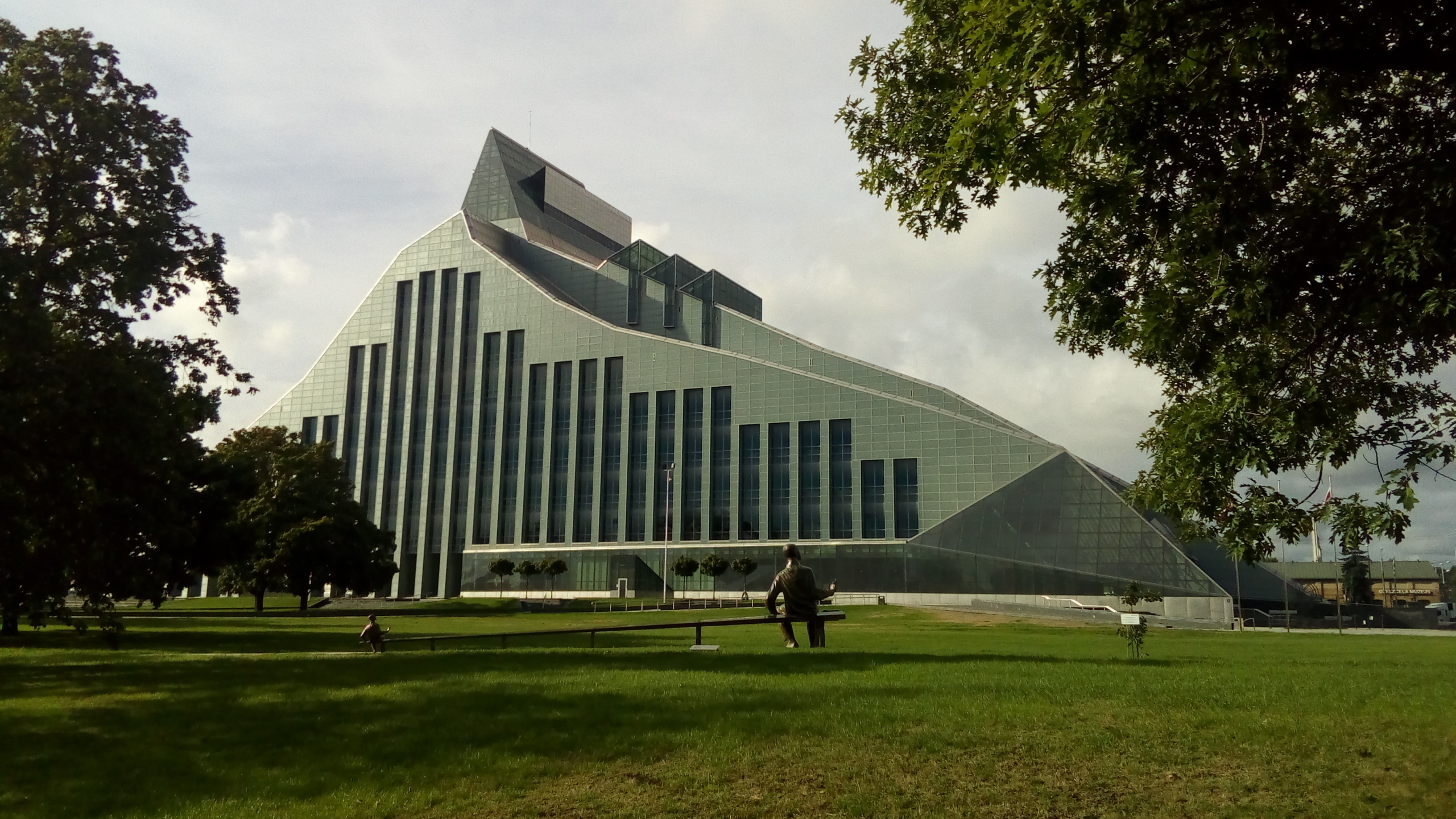[Opinion] Authors and publishers benefit greatly from book lending
On May 22, 2023, IP professionals and practitioners from libraries and archives gathered at the Jagiellonian Library to discuss the future of libraries and archives with one goal ‚Äď to help society access culture and knowledge. Many valuable theses were presented to address challenges at both the EU and Polish national levels. The conference included presentations and discussions by IP experts and lawyers on legal theory, as well as practical discussions by librarians on everyday issues related to copyright.
The hottest topics revolved around digitization, access to digitized materials, and e-lending. In many cases, libraries are unable to lend digital resources, and the regulations regarding public lending do not apply to such materials. Even though EU regulations allow e-lending under the same rules as physical materials and books, in reality, it does not work that way. In most cases involving e-books, libraries are forced to sign contracts that override public lending rights and restrict access to these materials.
In the European Union, digital objects and e-books do not have the same copyright exceptions as physical objects, creating a significant gap in information and culture when the majority of published materials are only available in digital format. Sometimes, the exceptions do not cover all cultural heritage objects, resulting in these works not being stored or accessible in libraries or archives. As a consequence, they become inaccessible for educational and cultural purposes and, in some cases, lost forever due to the lack of preserved copies.
Digitization should be undertaken by any cultural heritage institution, not just the owner of the digitized object. In reality, not all organizations have the budget and resources for digitization. Furthermore, even if one institution has all the necessary resources, it would be impractical to force other institutions to acquire the same digitization machines and train specialists when it could be done by a single institution, while maintaining high-quality digitization.
While the EU regulations attempt to create exceptions for society, such as the Orphan Works regulation, these exceptions often do not work as intended due to their complexity and limited usability or applicability only to specific works. A suggested solution for cases where the established licensing system or regulation does not work in practice ‚Äď only on paper ‚Äď is the creation of new exceptions in copyright law. Laws should be more flexible and include an open norm for cultural heritage institutions.
There is a misconception that libraries and authors have conflicting interests. In reality, authors and publishers benefit greatly from book lending and access to their works. An excellent example of cooperation between libraries and publishers is highlighted in Denmark, where publishers collaborate with libraries, making most electronic books available in libraries. Through this cooperation, there is no such thing as piracy, and publishers use libraries as platforms to promote their books. All European Union countries should strive for such harmony.
An important topic discussed at the conference was the encouragement of libraries and members of cultural heritage institutions to stand up and raise their voices, highlighting the problems created by copyright regulations. Even if exceptions are provided in EU regulations, it is important to remember that these directives set the minimum standard of exceptions for the interests of society. Each member state can and should include much broader use and access to works. Due to inflexible legal regulations, libraries are often unable to fully carry out and fulfill their capabilities. To contribute to educational and cultural development, all publicly funded projects should have free access for all society and expand the scope of works in the public domain.
Libraries and cultural heritage institutions are often afraid to take risks and lack resources to lobby for their interests. However, in reality, they should push the boundaries of the law because their work is dedicated to the common good and society. Some instruments to overcome these legal boundaries can be found in agendas of such organizations as Communia, by their 20 points of policy recommendations and Knowledge Rights 21, by their position papers. But the most important is to work together, and raise awareness of copyright limitations, regarding interests of education and access to culture, as basic human rights!
"Libraries and archives of the future" conference
This opinion contains reflections on the topics discussed throughout the conference “Libraries and archives of the future. Copyright empowering public mission of culture”.
ūüďļ Here you can watch the recording of the conference in Polish and English.
The conference was organised in May 2023 by Centrum Cyfrowe in cooperation with Future Law Lab (Jagiellonian University) and under the patronage of the Director of the Jagiellonian Library. The conference was funded by Knowledge Rights 21, supported by Arcadia ‚Äď a charitable fund of Lisbet Rausing and Peter Baldwin.
Read other opinions about e-lending in European Union countries
Maja Drabczyk (Head of Policy and Advocacy, Member of the Board): Libraries and archives won’t be able to fulfil their public interest mission without tailored legal regulations.
Deborah De Angelis (Attorney at Law, Creative Commons Italy) ‚Äď The role played by libraries and archives, as by all the cultural institutions of the GLAM sector, is crucial and challenging, especially when considering their activities in the future, as highlighted during the engaging panels of the conference.
Ana Lazarova (Intellectual Property Expert, Digital Republic): Libraries deserve to be recognised as active participants in the copyright reform and, in particular, in the still ongoing debate on the CDSM Directive implementation.





